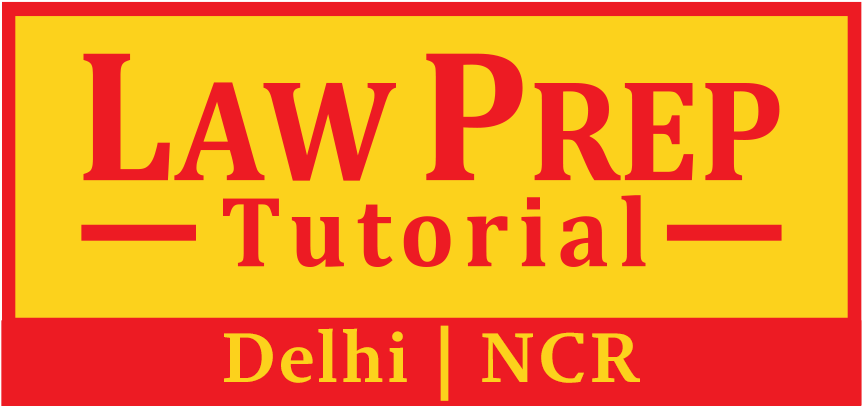CLAT is not just about what you attempt—it’s also about what you choose to skip. Many students lose marks not because they lack knowledge, but because they don’t know when to move on. Knowing when to skip questions in CLAT can improve your score and help you manage time wisely. Smart skipping is a skill, not a weakness.
Understand the Negative Marking Rule
CLAT awards +1 for every correct answer and deducts 0.25 for every wrong one. If you attempt four questions blindly and get only one right, you gain 1 but lose 0.75—resulting in a net gain of just 0.25. Now imagine skipping two of those and focusing on accuracy instead. You protect your rank by avoiding unnecessary risk.
Skip When You Can’t Eliminate Two Options
Sometimes, you can confidently strike out two wrong choices. In that case, guessing may work. But if all four options seem equally confusing, skip it. The chances of hitting the right answer drop significantly. Without at least a partial elimination strategy, the question becomes a gamble.
Avoid Spending Too Much Time on One Question
Time is limited in CLAT, and every second counts. If a question eats up more than 90 seconds and you still feel unsure, move on. Mark it for review and return if you have time later. Sticking to one tough question can cost you 3–4 easy ones.
Legal and RC Questions Need Calm Thinking
In Legal Reasoning and Reading Comprehension, overthinking leads to doubt. If you can’t spot the right principle or understand the passage clearly, don’t panic. Skip and revisit later with a fresh mind. Forcing an answer in confusion often leads to errors.
Don’t Skip Questions Based on Subject Bias
Many students skip Quant or GK sections simply because they feel weak in them. That’s a mistake. If you see a straightforward question in these sections, attempt it. Use smart skipping when necessary, but don’t avoid sections entirely based on fear or past performance.
Practice Skipping in Mocks
Mock tests are the best place to test your skipping strategy. Make a rule: skip after 90 seconds if you’re unsure. Track how many questions you skipped and how many you revisited. Over time, you’ll develop an instinct for when to move on and when to dig deeper.
Conclusion: Skipping Is a Strategy, Not Surrender
Toppers don’t attempt every question. They skip questions in CLAT when necessary, focus on accuracy, and return to tricky ones later. You don’t lose marks for skipping—but you definitely risk them by guessing without logic. Learn to skip smart, and your final score will thank you.







